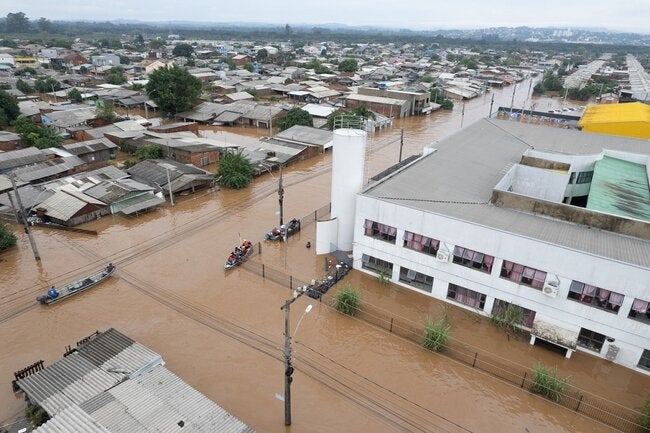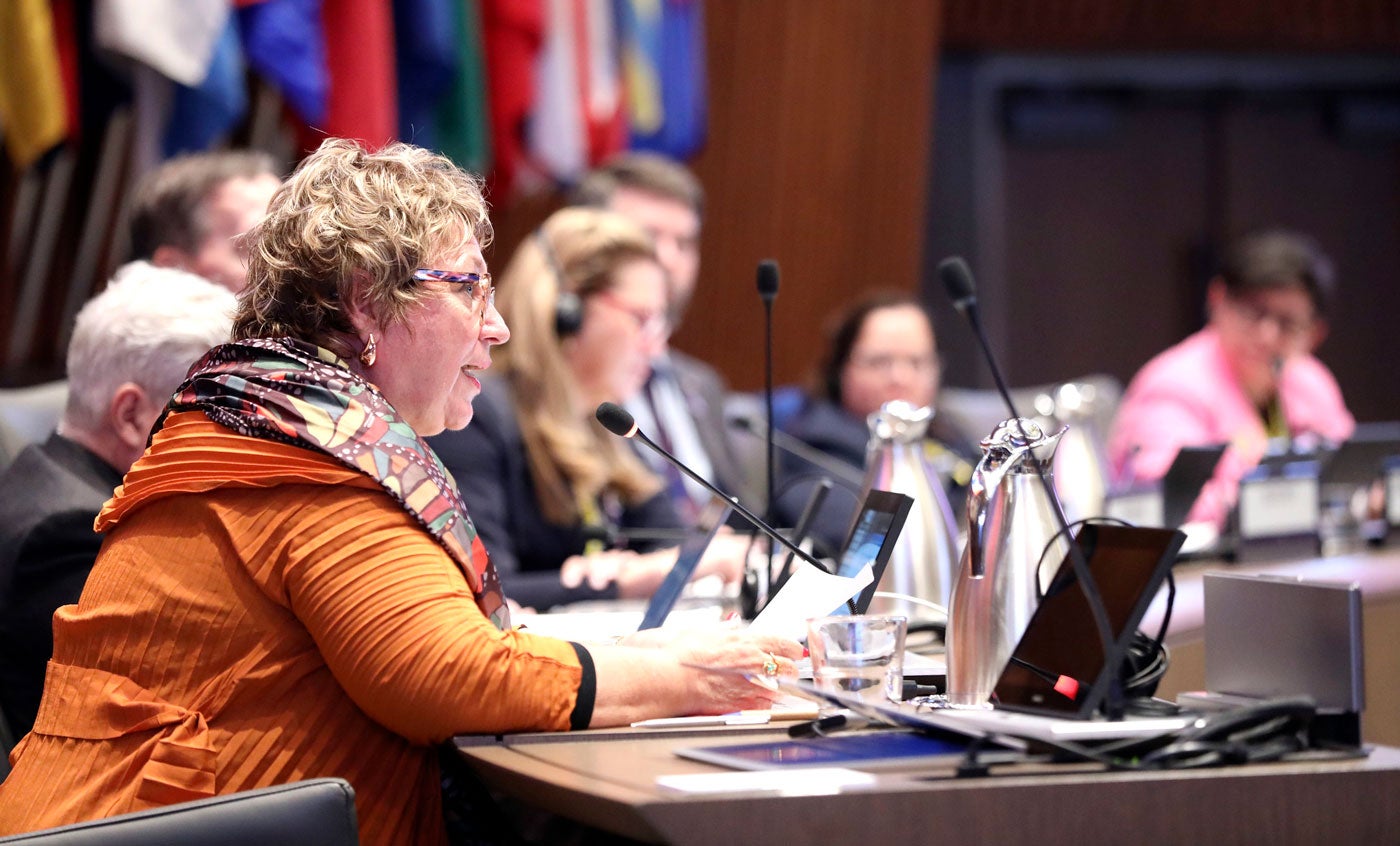Washington, DC, October 1, 2024 (PAHO) – At its 61st Directing Council, the Member States of the Pan American Health Organization (PAHO) approved a new policy on health, climate change and equity. This policy seeks to strengthen the action of the health sector, improve adaptation and mitigation in the face of climate change, ensure the participation of vulnerable communities and optimize surveillance systems, as well as increase financing in climate and health.
The policy comes in the context that the Region of the Americas is “one of the most vulnerable due to its susceptibility to extreme weather events, economies that depend on climate-sensitive sectors and high levels of social inequality,” states the document.
In addition to that, “climate change threatens to worsen existing inequalities in health, disproportionately affecting populations and territories in vulnerable situations,” said the director of the Department of Social and Environmental Determinants for Health Equity, Gerry Eijkemans. For all this, “the health sector must take immediate and decisive action on climate change and health, with specific efforts to integrate equity into adaptation and mitigation measures,” he added.
The approved text considers it “imperative” to take measures to make “the health sector more ecological” while continuing to respond to unmet health needs, especially neglected communities and population groups in vulnerable situations, such as the poorest populations. , Indigenous Peoples and migrants, among others.”
The Policy to strengthen equity-oriented health sector action around climate change and health is articulated around five lines of action, namely:
- Strengthen the capacity of adaptation of the health sector to anticipate, prevent, prepare for, respond to and recover from the impact of climate change, while reducing health inequities.
- Strengthen the capacity of mitigation of the health sector to build low-carbon health systems and societies, in order to achieve co-benefits in terms of health and reducing health inequities.
- Raise awareness and strengthen stake of the community and civil society in relation to climate change and health, with an approach oriented to equity and human rights.
- Improve the surveillance climate change and health, as well as the generation and use of evidenceto design and implement adaptation and mitigation strategies that protect health and reduce health inequities
- Increase the financing that the health sector receives for adaptation to climate change and mitigation of its effects, with emphasis on population groups in situations of vulnerability.
The policy is in line with the World Health Organization (WHO) Resolution on Climate Change and Health, 2024, as well as the WHO global health strategyenvironment and climate change, 2019, and the United Nations Framework Convention on Climate Change.
Health equity focus
The policy draws attention, among other phenomena, to how “heat waves have led to a 160% increase in heat-related deaths in South America in the last 20 years,” or to the increase that “is causing vector-borne diseases, such as dengue or malaria, and the increase in increasingly extreme weather events that require more resilient and green health systems and services.”
However, the document highlights that “the effects of climate change are not the same for all people.” The degree of vulnerability depends on a wide range of intersecting conditions, such as socioeconomic situation, ethnic origin, age, disability, immigration status, sex, gender, geographic location, among others.
Crucially, climate change threatens to worsen existing health inequalities, disproportionately affecting vulnerable populations and territories.
The document specifically mentions the “threat” that climate change poses to the way of life of Indigenous Peoples and other ethnic groups “due to their close relationship with the environment.”
Vulnerability to the effects of climate change “is also unequal among the countries and territories of the Region.” The document approved by the countries warns that “climate change may even be a possible threat to the existence of small island developing States that are affected by rising sea levels.”

